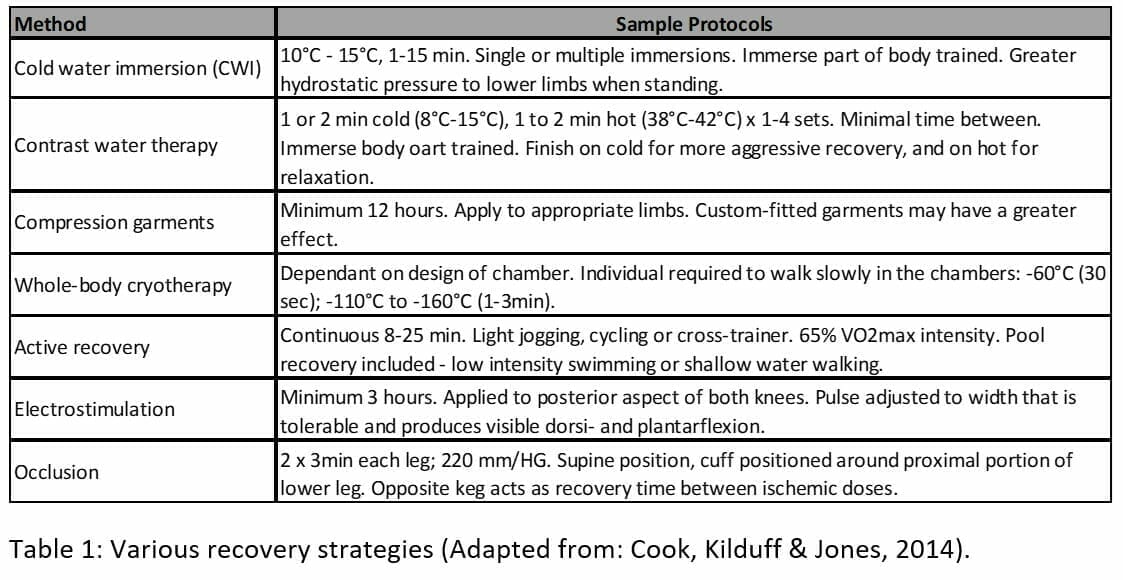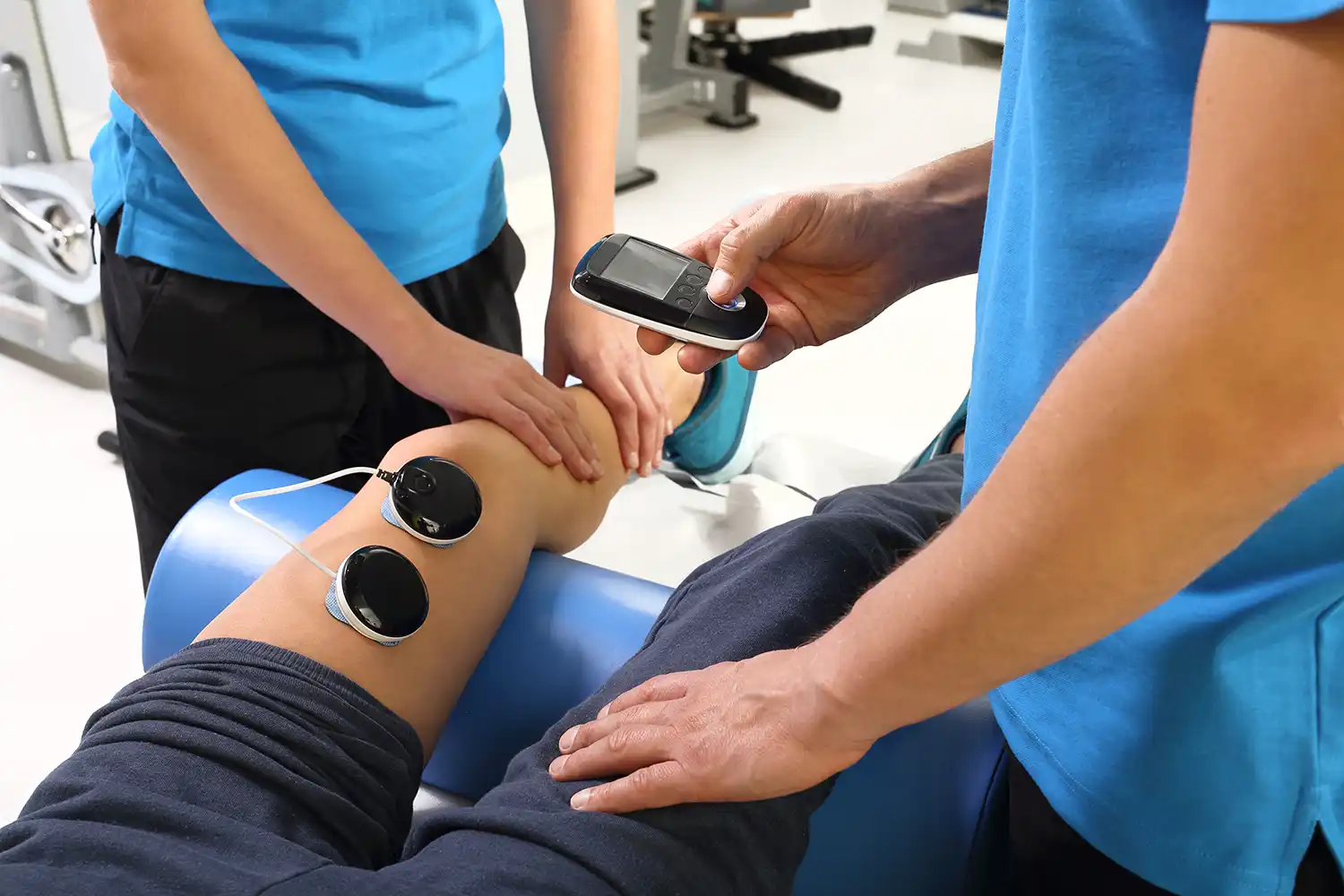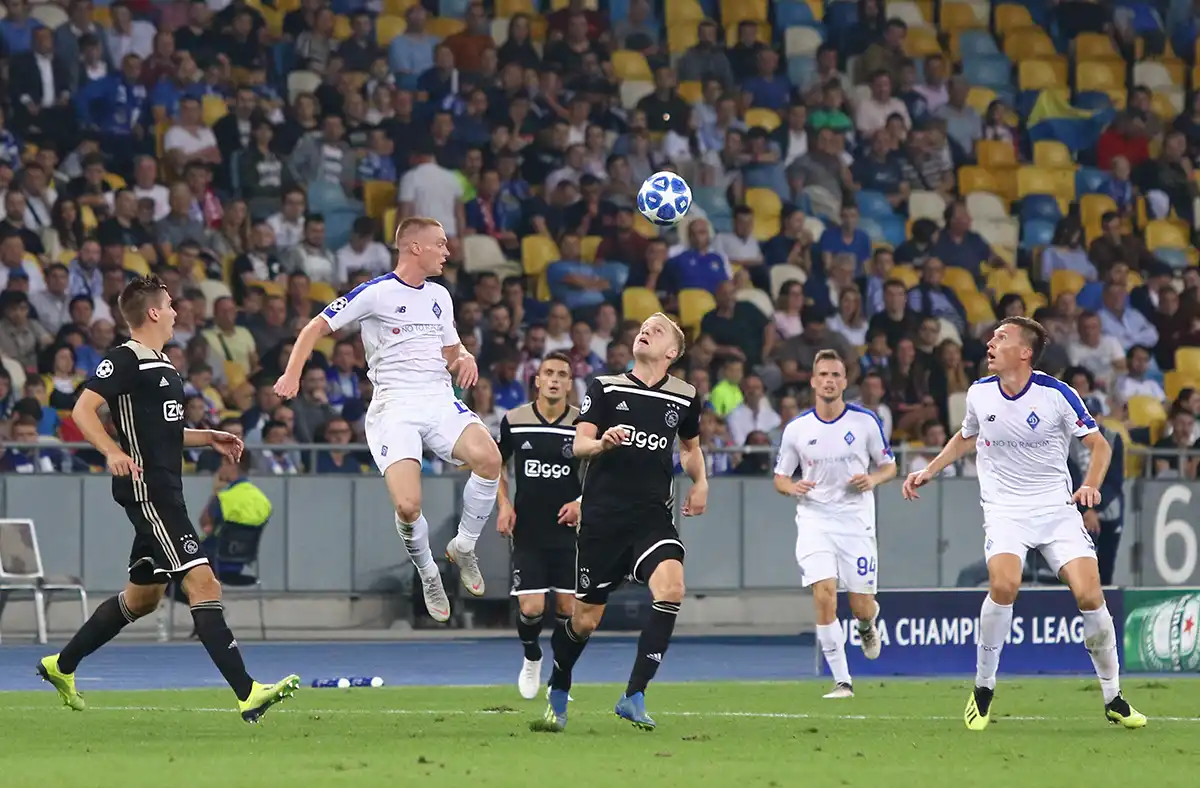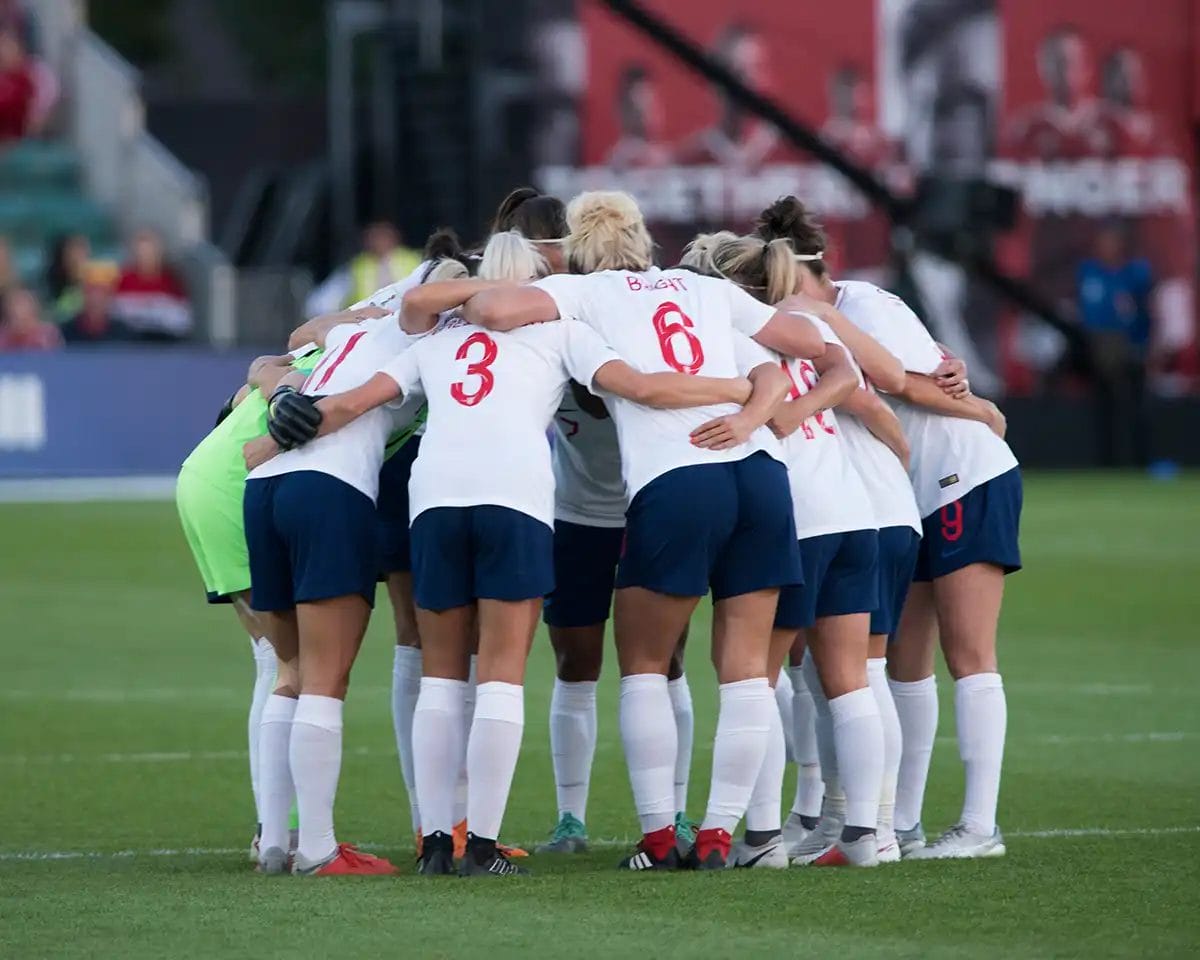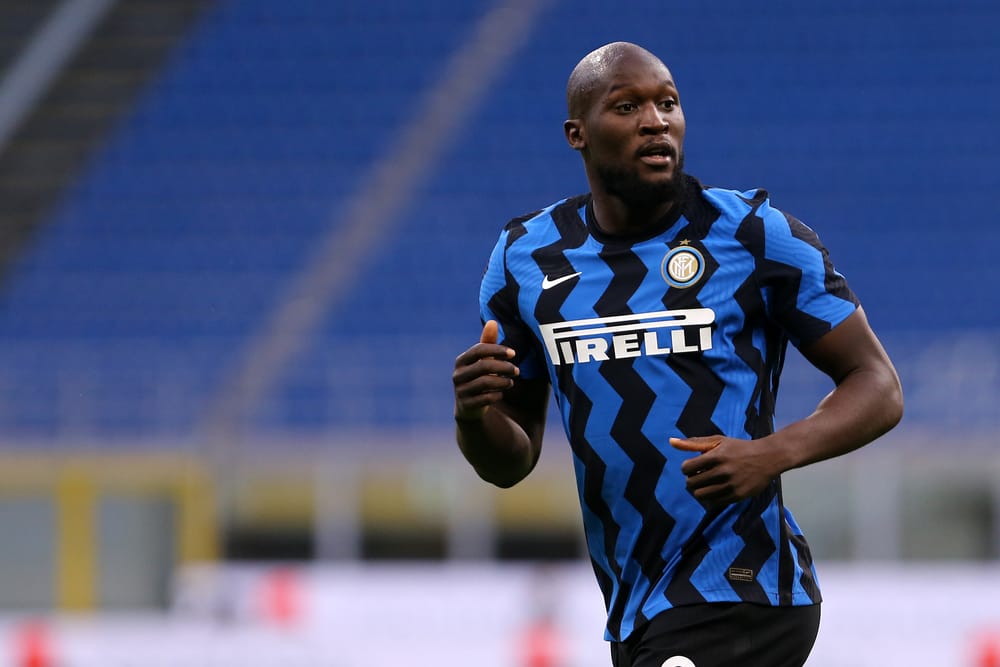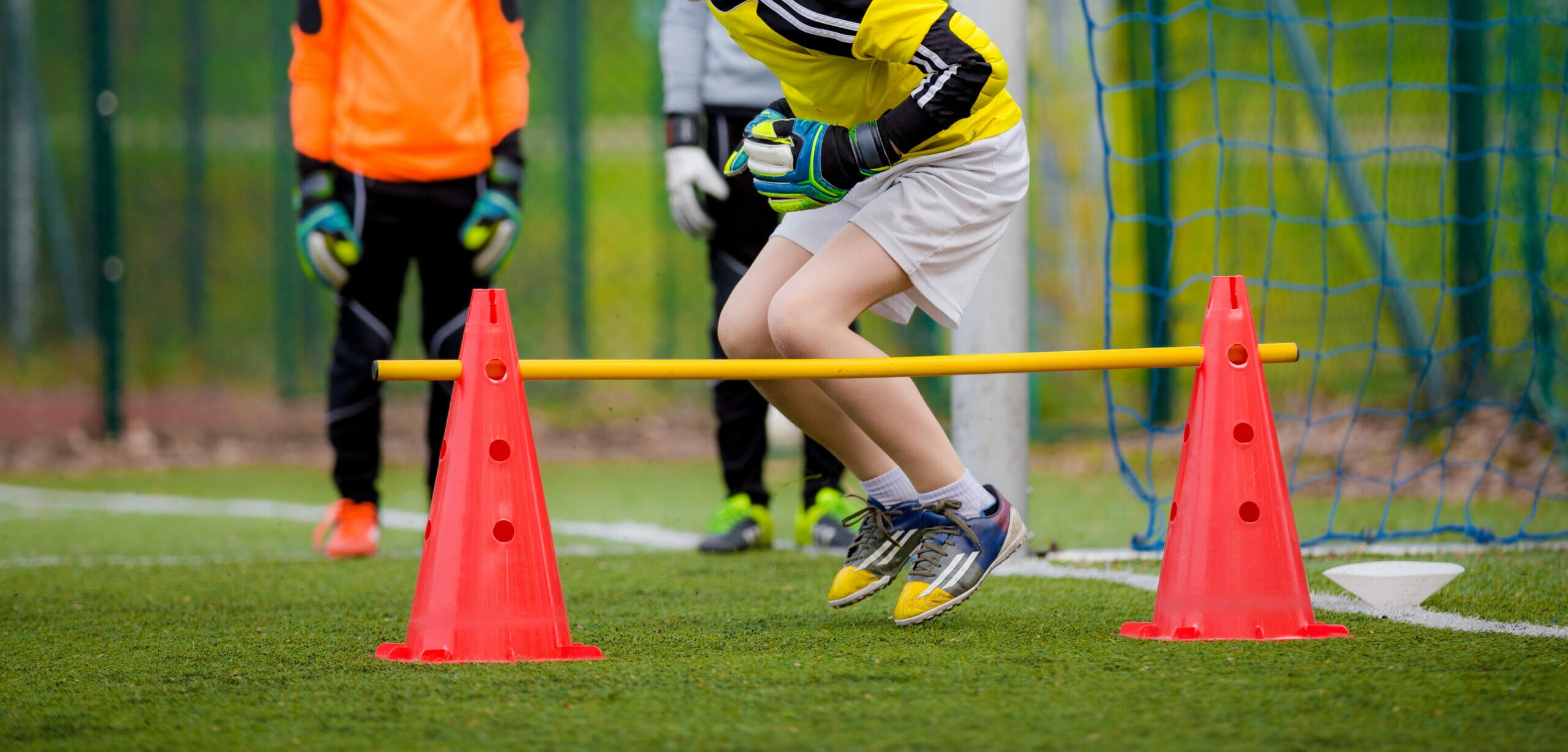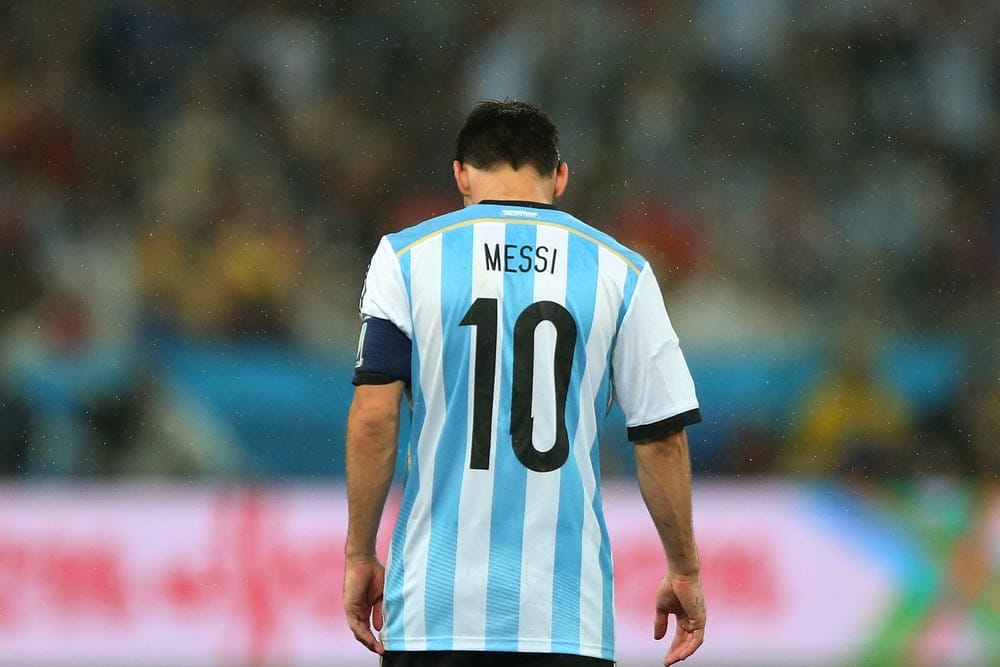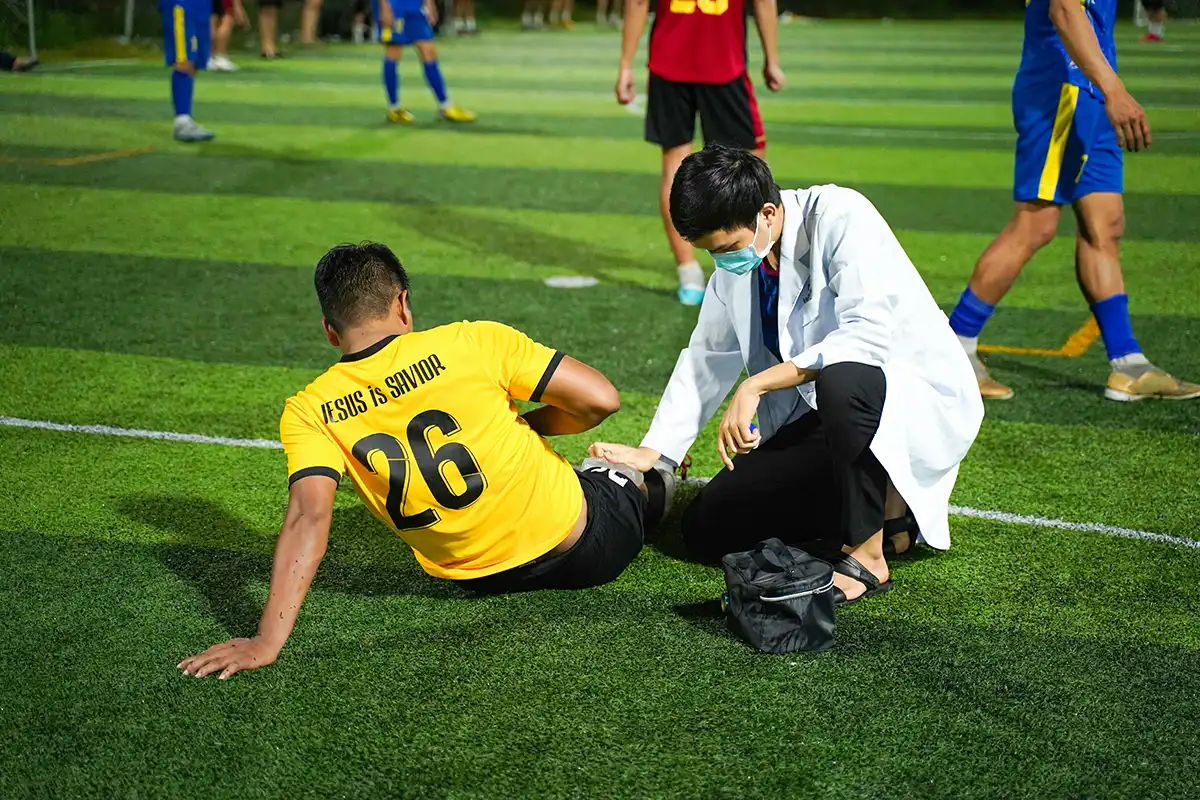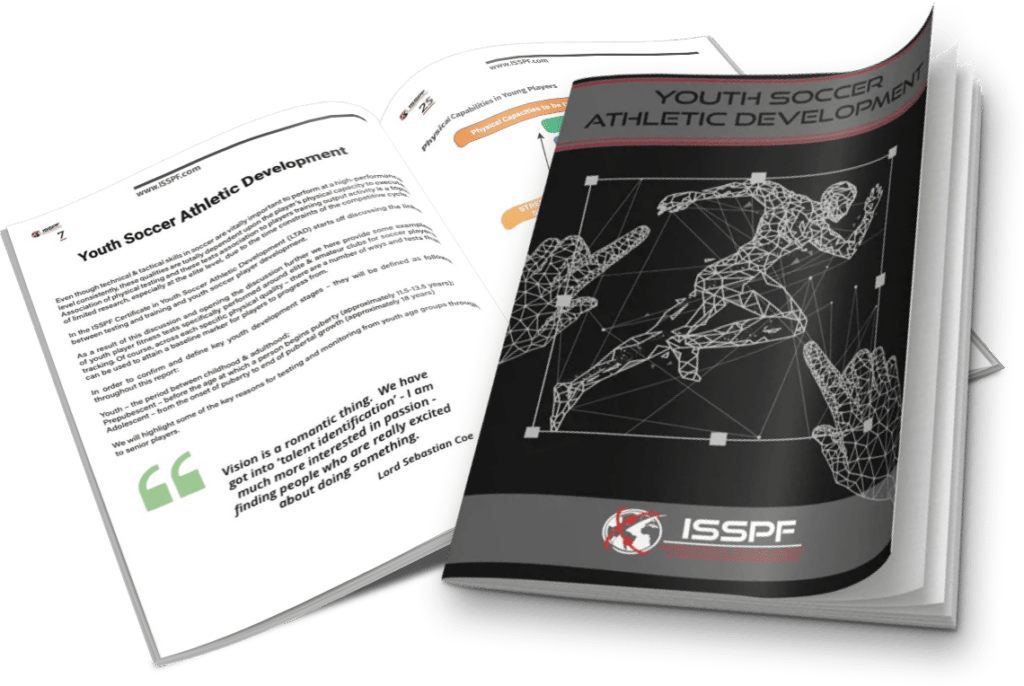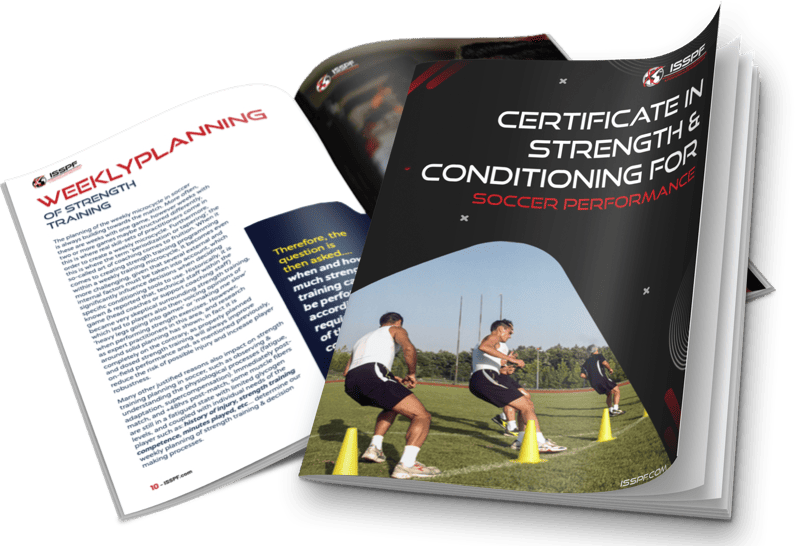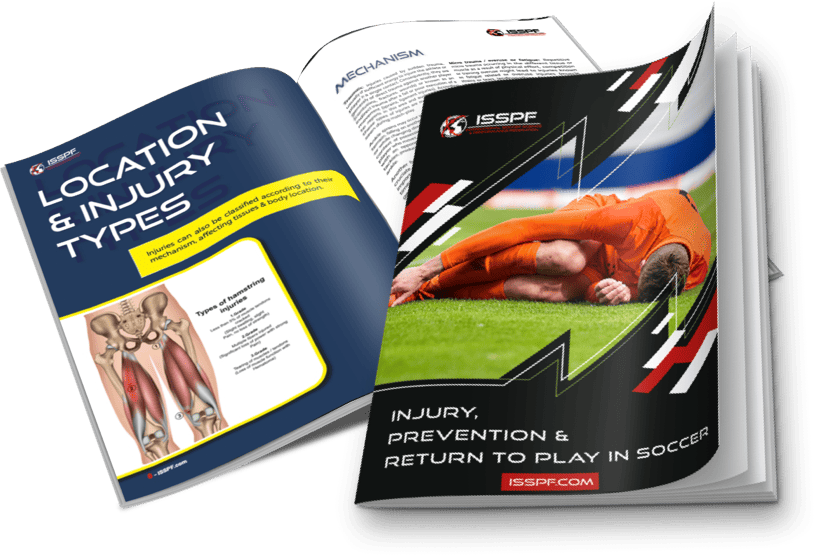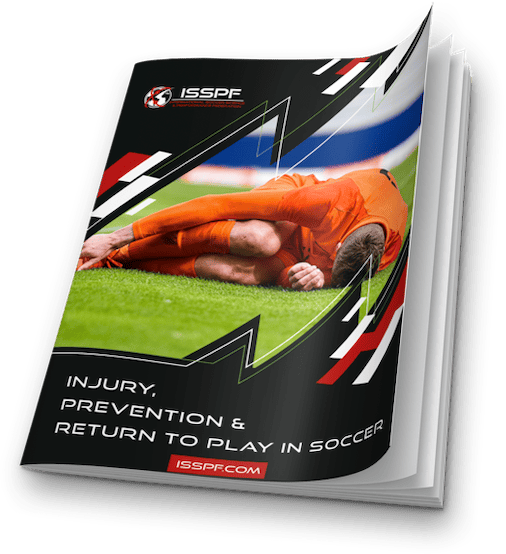Recovery Strategies in Football – Use of cryotherapy on recovery from exercise
by Joshua Smith (High-Performance Director)
Inadequate recovery can result in overtraining, burnout & poor performance. It is with this in mind, especially in elite level football that teams across the world have sought to hasten the recovery process through the implementation of various recovery interventions (Table 1).
One such intervention that is commonly used to aid recovery from games or exhaustive training sessions is cold water immersion (CWI) (Rupp et al., 2012; Sanchez-Ureña et al., 2015).
Cold Water Immersion
The rationale behind CWI is the effects of hydrostatic pressure & cooling of body tissue. The external pressure that is applied to the body improves the removal of inflammatory cells, enhances metabolic waste removal & improves contractile function, whilst reducing secondary muscle damage.
The reduction in skin temperature is thought to reduce the extent of inflammation, reduce the perception of pain & aid in the recovery of muscular contractile function (Ascensão et al., 2011; Cook, Kilduff & Jones, 2014).
Ingram et al. (2009) found that the use of CWI directly after exercise & then 24 hours after the exercise stress returned athletes to baseline performance measures faster, & reduced muscle soreness & exercise-induced inflammation. The authors associated these benefits with the 10 °C temperature that was implemented in their protocol.
The Changes in Temperature
The benefit of 10°C temperature was further reinforced by Rowsell et al., (2011), who found that 10°C promoted better maintenance of high-intensity running performance & minimized the decrement in total distance covered in a tournament setting.
Athletes that performed CWI felt the therapy was beneficial in reducing leg soreness & fatigue as well as helped maintain their ability to perform in subsequent matches, this is supported further by a number of studies that verify the role of CWI in enhancing feelings of recovery & reduced perceptions of fatigue (Stacey et al., 2010; Stanley, Buchheit & Peake, 2012; Broatch, Petersen & Bishop, 2014).
Vaile et al. (2008) found that CWI (15°C) better-maintained performance, & in some cases, increased average power & sprint time.
Similarly, in a study performed by Lane & Wenger (2004), it was found that whilst CWI, massage & active recovery all facilitated the recovery process, the only modality that improved performance was CWI.
Tenney & Schmid, (2016) found that six to eight minutes of CWI resulted in both increased parasympathetic nervous system activation & self-reported sleep recovery scores in football players. Ascensão et al., (2011) found that CWI immediately after a soccer match reduced muscle damage & discomfort, contributing to a faster recovery of neuromuscular function.
Contradictory findings to the physiological & perceptual benefits of CWI were reported by Rupp et al. (2012), who noted that CWI performed immediately & 24 hours after volitional fatigue did not affect physical performance or perception of fatigue (12°C for 15 minutes), whilst Parouty et al., (2010) found that despite a subjective perception of improved recovery, CWI resulted in slower swimming times in well-trained athletes swimming in simulated competition conditions (14°C for 5 minutes).
It was stated by White & Wells (2013) that studies are needed to establish whether cryotherapy has an effect greater than simply a placebo or subjective improvement. This was investigated by Broatch, Petersen & Bishop (2014), who found that there were similar levels of improvement in performance when comparing the use of CWI & a CWI placebo.
The authors state that these findings suggest that “the commonly hypothesized physiological benefits surrounding CWI are at least partly placebo related.”
This is one of the only papers that has implemented a placebo condition in the assessment of the benefits of CWI.
Summary to CWI Findings
There is conflicting evidence surrounding CWI & its role in recovery from exhaustive exercise, this due largely to methodological variations among the studies – type of exercise investigated & employed, water temperature, immersion time, immersion level, & the time interval between the end of the immersion & subsequent exercise bout.
Despite this, it is well established that CWI has several psychological benefits.
These benefits cannot be underemphasized, as a link has been established between perception & performance, where athletes instinctively regulate their individual performance based on their sensation of fatigue (Noakes, Gibson & Lambert, 2005).
Noting this link & the assertion that “a strong belief in CWI, combined with any potential physiological benefits will maximize its worth in recovery from exercise.” (Broatch, Petersen & Bishop, 2014) underpin the role that periodized CWI has to play in recovery from exhaustive exercise.
Soccer Injury Prevention Certificate
What Next?
The demand for sports science, physiotherapists, performance & coaching specialists in football & team sports is growing year upon year. Thousands of students are leaving university with a sport science degree, physio or therapy related qualification, however many of them asking the key question
- What now?
- How do I get a job in football?
- What’s the next step?
- Which area of sport or football science & medicine do I want to specialise in?
- How can I take my learning to the next level?
These are certainly interesting questions as progressing from completing a sporting, medical or therapy related degree to then working in professional football & trying to understanding all the key components, and soft skills that come with jobs in football or careers within sport is complex.
As a result, the bespoke courses developed by ISSPF Medical & Football Science Faculty members are a way of further exposing learners, parents, professional coaches, students, or other individuals interested in football science with a thirst to develop & upskill further.
The link below will take you to the hugely popular & expertly designed ISSPF endorsed & accredited Soccer Injury, Prevention & Return to Play online sport science course, where you will be exposed to football medicine & coaching science led research, with practical examples used by the game’s leading practitioners.
Soccer Injury Prevention Course
Why Is This Course Important?
- Provides up to date injury analysis, injury reduction processes & modern approaches & insights to individuals tasked with the injury, rehabilitation & return to play process of athletes or team sport players.
- Discusses the most efficient training methods and detailed insights into developing player fitness alongside rehabilitation & training methodologies.
- Gain a better understanding how to maximise the rehabilitation process within the game.
- Learn from industry experts in the area of rehabilitation & return to play protocols.
- Help maximise your decision-making through a better understanding & appreciation of football or soccer rehabilitation.
Who Is This Course For?
- Individuals tasked with the responsibility for management of players from a training, preparation, coaching & rehabilitation perspective.
- Any individual who is working as part of a multi-disciplinary staffing structure within a team or individual sport.
Soccer Injury Prevention Course
What Does This Course Cover?
Injury Prevention & Return to Play Course:
Module 1: Injury analysis in soccer.
Lecturer: Dr. Hilary Obert (Major League Soccer [MLS Cup] Champion)
Module 2: How to implement injury prevention programs within soccer.
Lecturer: Dr. Victor Salinas (Former Liverpool FC Physio)
Module 3: Understanding injury prevention and rehabilitation in soccer.
Lecturer: Dr. Juan Carlos Ramos (Boca Juniors Medical Department)
Module 4: Injury reduction strategies in professional soccer.
Lecturer: Dr. Patrick Orme (Bristol City FC, Head of Physical Performance)
Module 5: Screening processing in soccer & corrective implementation.
Lecturer: Dr. Hilary Obert (Major League Soccer [MLS Cup] Champion)
Module 6: Nutrition for Injury Phases & Rehabilitation.
Lecturer: Faisal Alshawa MSc
Module 7: Injury Prevention in Soccer: Key Strategies & Methods.
Lecturer: Aleksa Boskovic MSc
Module 8: Psychology during soccer injury.
Lecturer: Dr. Jorge David More Anzola (Millionares FC, Colombia)
Module 9: Soccer-specific movement preparation: Improving efficiency.
Lecturer: Aleksa Boskovic MSc
Module 10: Training Load Management: Performance Optimisation
Lecturer: Dr. Adam Owen
Module 11: ACL Injury Criteria-Based Return to Play in Soccer.
Lecturer: Dr. Felix Fischer
Module 12: Preparing the Injured player for return to play (RTP).
Lecturer: Matt Newton MSc (KitMan Labs, Former Cardiff City FC)
Share this article:
